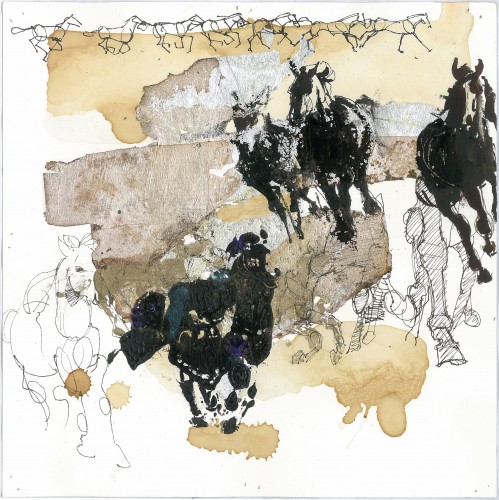The Cornell Lab of Ornithology, where I took a wonderful bird-watching course (thanks to which I can whistle like a chickadee and recognize a pileated woodpecker) made this short video with haunting images of snowy owls (their eyes!). The Lab of O occasionally sends me requests for money, which I have not yet given it, but at least I can give it some publicity! They are doing great work and I’m glad they exist. (Incidentally, never mind the title of the video or the cover image, which makes it sound and look like Hitchcock. It’s not.)

